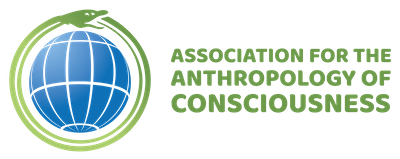The history of the field of anthropology is fraught with racism, classism (and many other
“isms”) which we continue to grapple with today. What is the responsibility to the
constructed “other” in a discipline that was created in part, to assist colonial endeavors
against the “other”? What do we mean by “cultural relativism” when we continue to try
to rationalize or understand the worldview of the “other” according to Western
paradigms, referring to non-Western belief systems as less valid than the systems derived from Western European thought? How do we defend our claim that we do not measure other belief systems by our own “yardstick” when it is difficult or impossible to publish in academic journals without explaining belief systems of the “other” through our own theories? If the system or belief of the “other” rings true, we label it “interpretive drift” rather than accepting it as a valid mode of thought. And critically important, how do “other” anthropologists honor their own worldview and belief system when their field imposes a culturally imperialist mode of thought on their interpretations? To address this, we invite papers that address these questions in topics including but not limited to:
• What is the role of the “anthropologist as other” in the increasingly global and
diverse field of anthropology and what new insights can anthropologists and
academics who are not of a Western European worldview offer to the field?
• How are conflicts in basic worldview(s) resolved for anthropologists who choose
to research and publish while honoring their own perspective and worldview?
• What is the academic value of sincerely incorporating non-Western, nonhegemonic modes of thought into anthropological theory?
• What are the inherent biases still existing in the field of anthropology and academics in general that limit the potential of anthropologists who work to understand culture through their own lens rather than applying Western European derived academic theory to the understanding of themselves and their own culture?
• How do we maintain academic integrity while sincerely asserting other modes of
thought are equally academically valid?
Please submit abstracts and proposal ideas to:
Akeia de Barros Gomes, PhD
Curator of Social History
New Bedford Whaling Museum
(508) 717-6853
agomes@whalingmuseum.org
Please also submit proposals and abstracts through the AAA submission portal by May
15, 2020. No fees will be collected at this time and the Anthropology of Consciousness is
planning to cover all registration fees for presenters who come from the very
communities whose subjectivity has been problematized by the hierarchies of colonial
epistemologies mentioned above.
COVID-19 Update: Due to the uncertain nature of the next several months, we have
decided to make all of our panels for the November AAA meeting in St Louis virtual
presentations. We hope this eases your fears and concerns about participating and
minimizes (or entirely erases) the financial burden of attending the conference as well.
